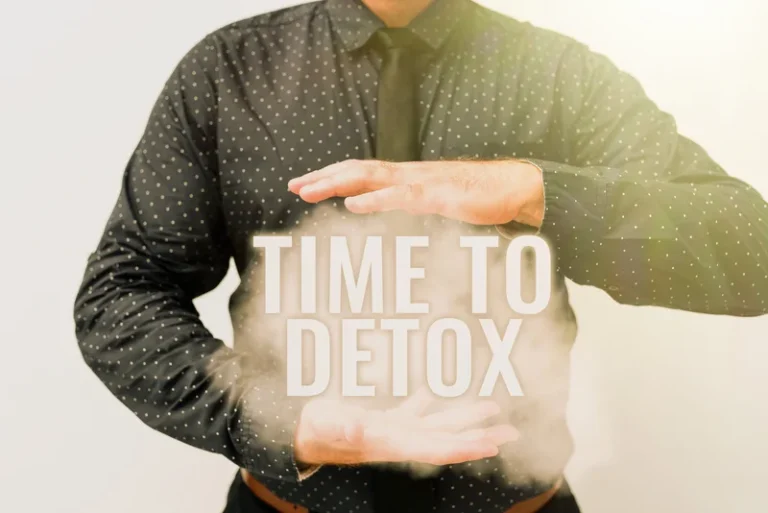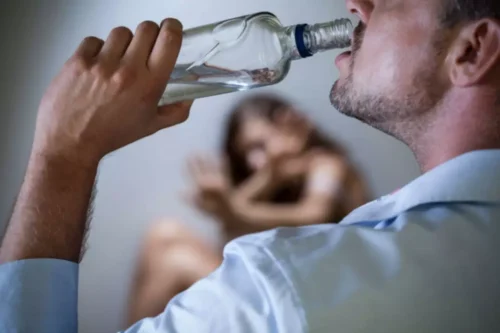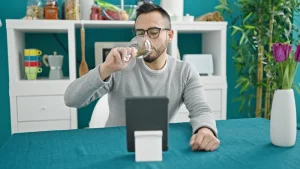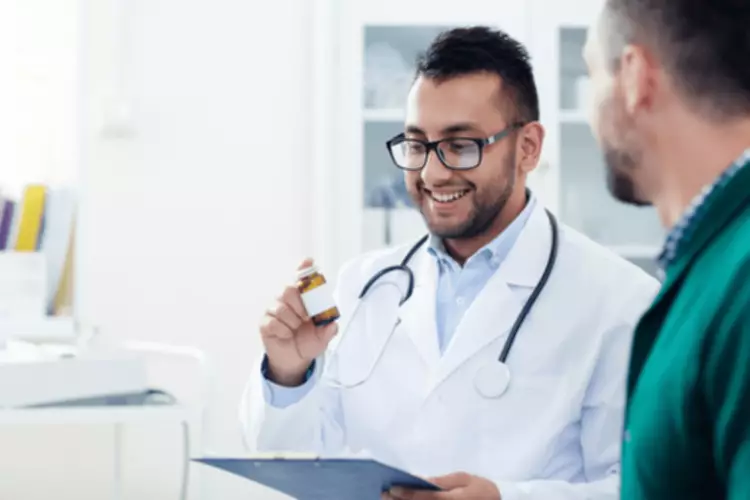
You can reverse dehydration by taking in more fluids, but some people may be at risk of complications. When drinking alcohol, especially in hot weather, avoiding dehydration is critical. All types of alcoholic drinks cause dehydration to an extent.
Although anyone can become dehydrated, certain groups of people are at higher risk. These include:

These give many types of alcoholic beverages their taste and smell. Congeners are found in larger amounts in dark liquors, such as brandy and bourbon, than in clear liquors, such as vodka and gin. If you suspect that someone has alcohol https://ecosoberhouse.com/ poisoning — even if you don’t see the classic symptoms — get medical help right away. Dehydration also can occur in any age group if you don’t drink enough water during hot weather — especially if you are exercising vigorously.
Risk factors
If you plan to exercise longer than that, or if you anticipate being out in the sun for more than a few hours, you may want to hydrate with some kind of sports drink. These replace not only fluid but also electrolytes does alcohol dehydrate you like sodium and potassium, which are lost through sweating. Too much or too little sodium and potassium in your body can cause trouble. Muscle cramping may be due to a deficiency of electrolytes.
Caffeinated drinks
How long it takes to rehydrate after drinking depends on how much alcohol you have consumed and how much fluid volume and electrolytes your body lost. In addition, cocktails with sugary mixers or caffeinated alcoholic beverages can amplify fluid loss and worsen alcohol-related dehydration. Exercise causes fluid loss, and combining it with alcohol increases the risk of dehydration, which is detrimental to muscle tissue and can slow down recovery. Consuming a meal containing plenty of healthy fats before drinking buffers alcohol absorption and allows more time to process and detoxify alcohol, which helps prevent dehydration. Electrolyte imbalance can exacerbate dehydration and worsen the unpleasant aftereffects of drinking alcohol, including headaches, low energy, muscle aches, and poor sleep. “It’s important to replenish fluids after drinking, or better yet, while drinking,” Sternlicht says.
- Low blood pressure and rapid heart rate can indicate dehydration.
- Here’s what you need to know about how alcohol dehydrates the body and how to drink responsibly.
- But even today we still don’t fully understand how alcohol causes this excessive urination.
- It is therefore of limited value in the assessment of hydration status.

Stick to beer and wine to mitigate any dehydration you may experience. You may experience increased urination, sweating, and other means of bodily waste disposal when you drink alcohol. However, when your body works to eliminate alcohol from your system through these processes, other crucial substances, like water and essential nutrients, are removed, too. You can experience water and nutrient depletion, leading to unwanted symptoms such as dehydration. Alcoholic beverages, including beer, wine, and liquor, can change your body’s fluid balance by reducing the secretion of vasopressin, a hormone involved in the regulation of urine output (6, 7, 8, 9). Drinking water can usually rehydrate you within minutes or hours.
Here’s How To Prevent Dehydration
Most hard liquors have high alcohol content; the alcohol by volume (ABV) of liquor is around 40%. Binge drinking is when a person consumes an excessive amount of alcohol within a short period of time. This equates to drinking five or more drinks within 2 hours for males and four or more drinks within 2 hours for females. According to the CDC, drinking alcohol in moderation is safe for most people. A moderate amount equates to one glass of alcohol or less per day for females and two glasses of alcohol or less per day for males.
- Beverages with lower alcohol content, such as beer, did not appear to have this effect.
- Letting thirst be your guide is an adequate daily guideline for most healthy people.
- Dehydration can cause headaches, muscle aches, brain fog, and fatigue, and hydrating with water and electrolytes helps restore fluid balance and can minimize the unpleasant aftereffects of alcohol.
- Here are five ways to prevent alcohol-related dehydration.
- You can get that amount from 12 ounces of beer with 5% alcohol, 8 ounces of malt liquor with 7% alcohol, one shot (or 1.5 ounces) of hard liquor with 40% alcohol, or 5 ounces of wine with 12% alcohol.
Health Writer
For this reason, a person should drink alcohol in moderation and avoid binge-drinking or chronic heavy drinking. In particular, it’s best to enjoy caffeinated energy drinks and alcohol in moderation and consume them alongside water to stay properly hydrated. A small study in 10 people found that consuming 537 mg of caffeine, or about 6 cups of coffee, significantly increased urine production. Meanwhile, consuming 269 mg of caffeine, or about 3 cups of coffee, didn’t affect fluid balance (3, 4). Drinking too much water too quickly can cause electrolyte imbalances, so take small sips and drink slowly.
Why Does Alcohol Dehydrate You? Tips to Minimize Dehydration and How to Rehydrate Quickly
When the human body senses it is getting dehydrated, the pituitary gland produces ADH to reduce urination. In addition to water loss, drinking alcohol can also lead to electrolyte imbalance—especially sodium. Alcohol consumption lowers your sodium levels, primarily because of low solute (protein and salt) intake as compared to free water intake. Under normal conditions, the kidneys require solute to excrete free water. In the absence of adequate amounts of solute, kidneys hang on to more free water, thereby diluting the sodium concentration in the blood.

Free Healthbeat Signup

Fainting, confusion, or blood in vomit or diarrhea are signs that you need immediate medical attention. Dealing with a virus can also cause you to feel dehydrated. Vomiting, sweating and having diarrhea can each cause a loss of fluids.
Eat before drinking
Sign up for free and stay up to date on research advancements, health tips, current health topics, and expertise on managing health. Sweating is part of your body’s natural cooling process, accounting for about 22% of its heat loss. When you become hot, your sweat glands activate to release moisture from your body through evaporation in an attempt to cool it off. Fifteen consensus statements and seven research recommendations were generated across the three working groups.
